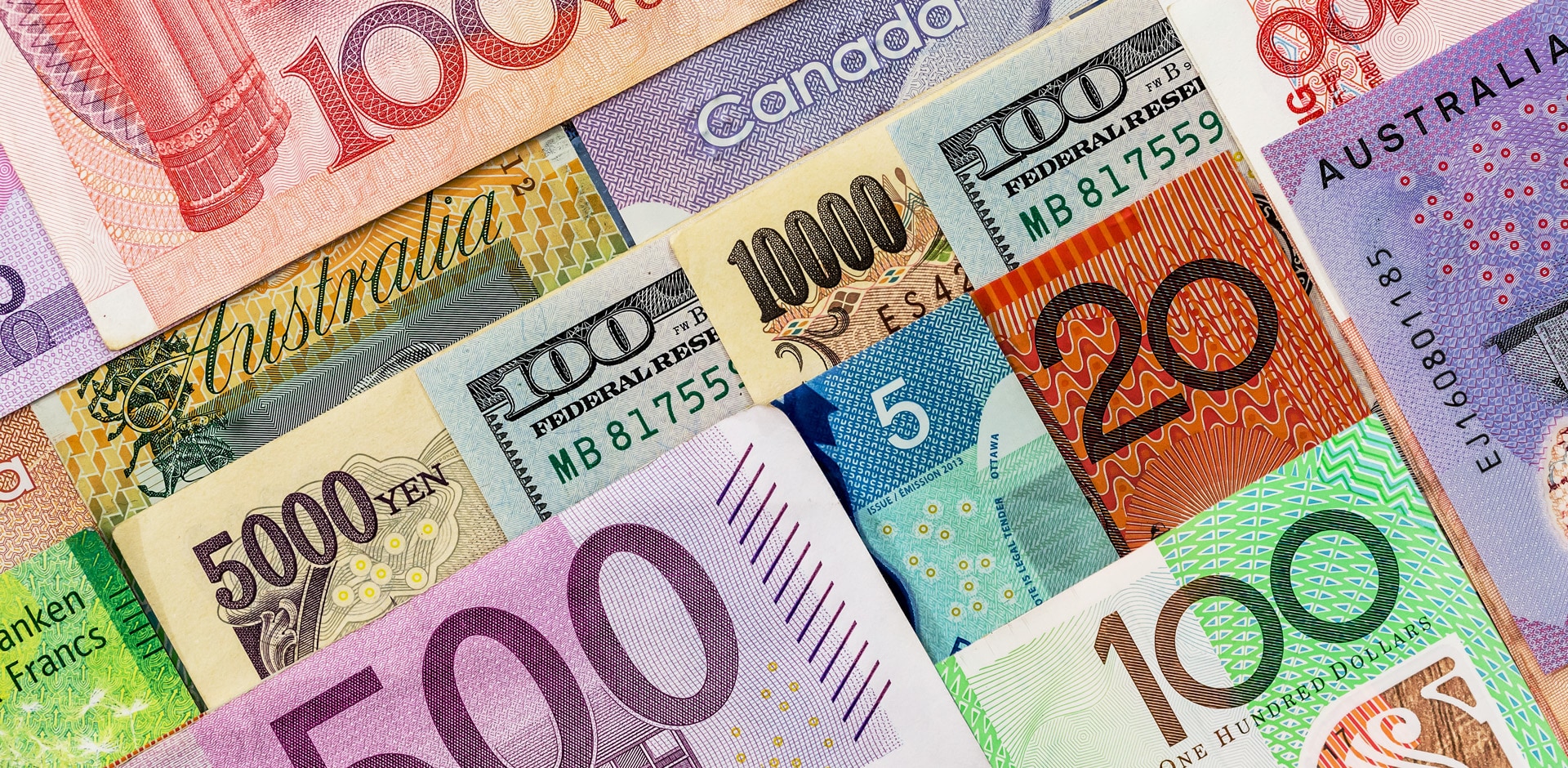But while the impact on inflation may be short-lived, high prices linger in the consciousness of consumers. We highlighted this last summer, in our essay “Inflation has a perception problem.” Price shocks can influence inflation expectations and wages, which can broaden the influence of tariffs. Recent readings reflect expectations of much higher inflation over the next twelve months, but not as much change over longer periods of time.
The Federal Reserve released a comprehensive study of tariffs last month. Using international data from 1995 to 2020, researchers found that a 10% increase in trade costs adds (on average) about 0.5% to inflation in the first year. That diminishes gradually over a 2-3 year period. While that is a good rule of thumb, every situation is different. And current circumstances, which find tariffs escalating very rapidly across the globe, may stretch the relevance of the paper’s conclusions.
In sum: yes, tariffs cause inflation. But how much and for how long is difficult to pinpoint.
Are tariffs ever justified?
In a perfect world: no. In our complicated and interconnected world: sometimes.
It is not uncommon for developing countries to use tariffs to shelter nascent industries, so as to become more self-sufficient. The early history of the United States was no exception; the aggregate tariff rate in the 1830s was well over 50%. Protections are usually negotiated away as domestic firms achieve scale and competitiveness.
Tariffs can also be used to address a range of anti-competitive behaviors. State-owned and state-sponsored enterprises have preferred access to capital and labor, and can sell below costs. Producers in some countries are subject to more lenient labor or environmental regulation. Placing duties on imports from these markets attempts to level the playing field so that domestic providers can compete fairly.
As well, tariffs can be used to counter other forms of trade restriction. Domestic content rules, quotas and regulation are often employed as forms of protection. One-sided tariffs are sometimes used to seek redress from these tactics.
Once initiated, however, tariffs are difficult to remove. They sometimes outlive their intended purpose, and end up becoming offensive and not defensive. Delicate trade negotiations are required to regain balance.







